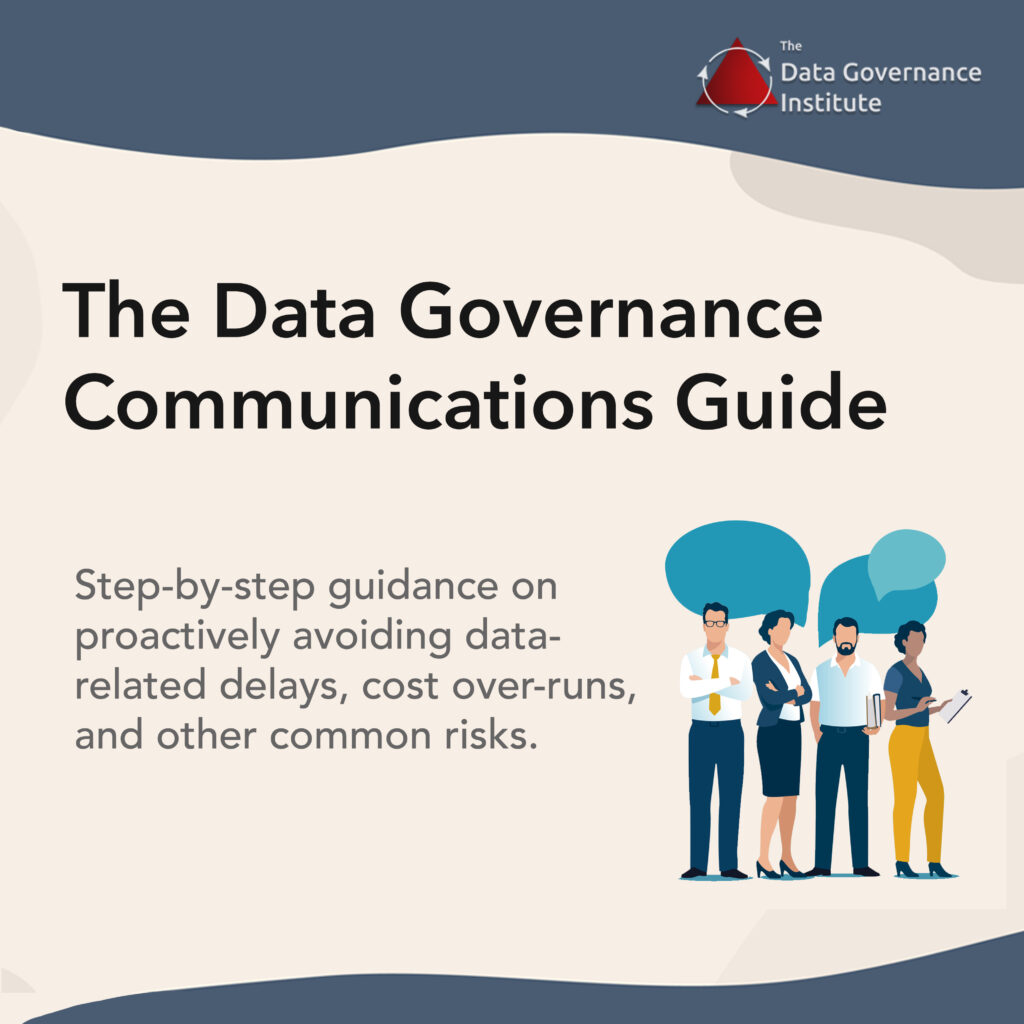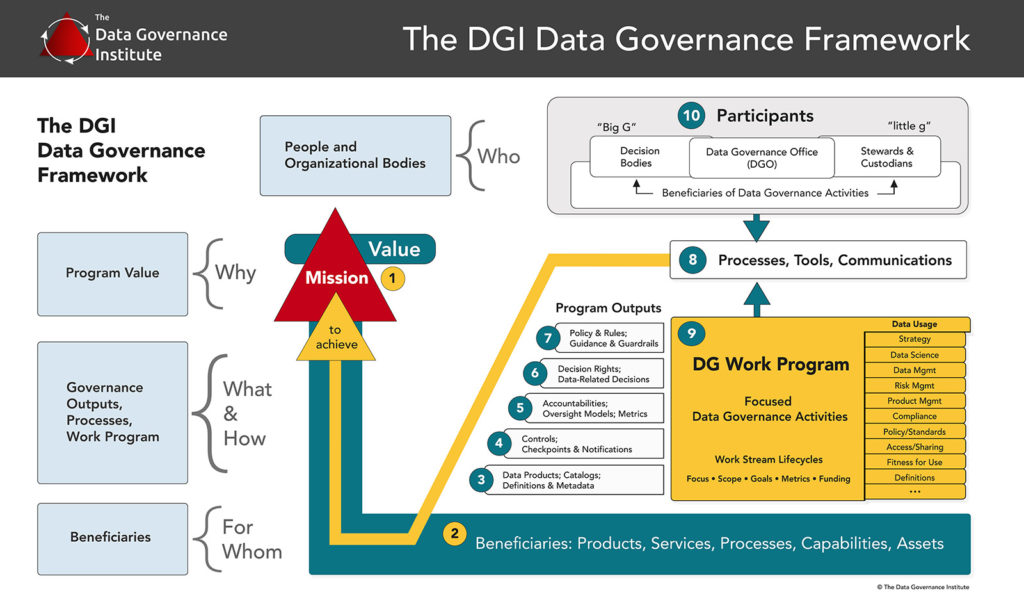This type of program typically comes into existence in conjunction with a specific data warehouse, data mart, or BI tool. These types of efforts require tough data-related decisions, so organizations often implement governance to help make initial decisions, to support follow-on decisions, and to enforce standards and rules after the new system becomes operational.

Sometimes these governance efforts focus on those high-level decisions. Sometimes they assign accountabilities for the ongoing monitoring of the quality of data entering the warehouse or BI system. If so, the program will be concerned with controls that manage risk to the quality of data. These controls may be preventative or detective, and they may be completely automated or technology-enabled manual processes.
The scope may be initially limited to rules, roles, and responsibilities for the new system, but sometimes this type of program serves as a prototype for an enterprise Data Governance / Stewardship program. As with quality-focused programs, these initiatives often adopt the philosophy of “act local, but think global” so the program will be ready to scale should other groups in the enterprise want to reap the benefits being realized by early adopters.
A charter for this type of program may hold Data Governance and Stewardship participants accountable to:
- Establish rules for data usage and data definitions.
- Identify stakeholders, establish decision rights, clarify accountabilities
- Identify SDLC embedded governance steps and loop-outs for projects
- Clarify the value of data assets and data-related projects.



